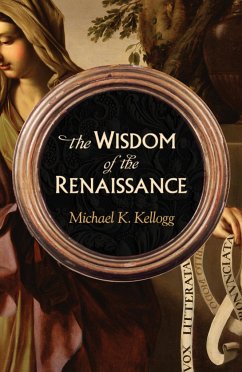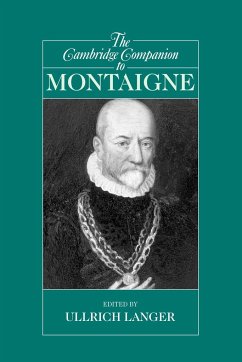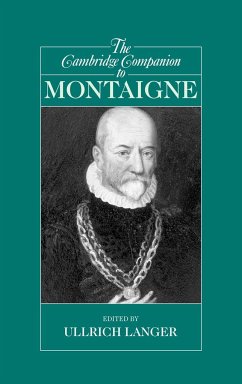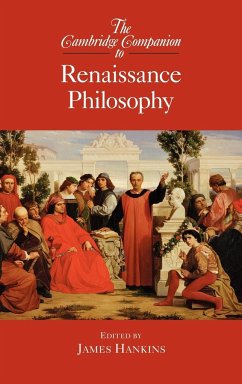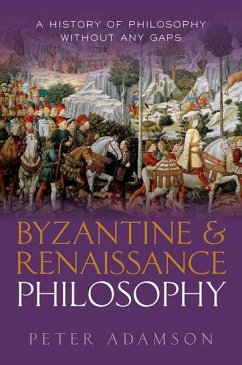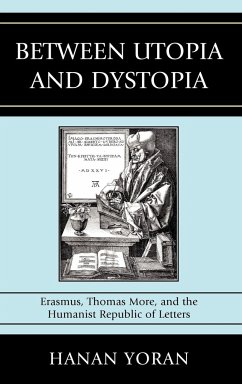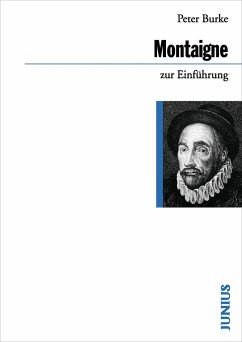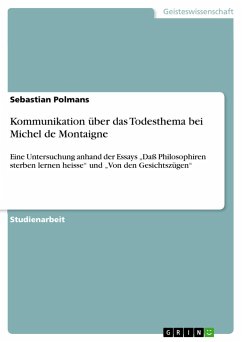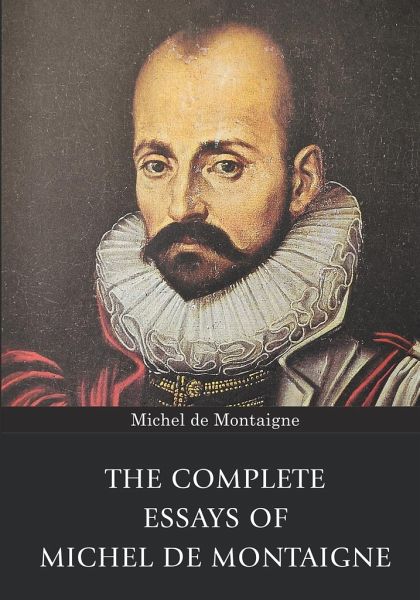
The Complete Essays of Michel de Montaigne
Versandkostenfrei!
Versandfertig in 1-2 Wochen
49,99 €
inkl. MwSt.
Weitere Ausgaben:

PAYBACK Punkte
25 °P sammeln!
One of France's great renaissance thinkers, Michel de Montaigne invented the essay as a literary form. This compilation features the best of his brief, highly readable reflections on poetry, philosophy, theology, law, literature, education, and world exploration. Montaigne's stated goal in his book is to describe himself with utter frankness and honesty. The insight into human nature provided by his essays, for which they are so widely read, is merely a by-product of his introspection. Michel de Montaigne first published his Essays in 1580. This collection of 107 chapters encompasses a wide va...
One of France's great renaissance thinkers, Michel de Montaigne invented the essay as a literary form. This compilation features the best of his brief, highly readable reflections on poetry, philosophy, theology, law, literature, education, and world exploration. Montaigne's stated goal in his book is to describe himself with utter frankness and honesty. The insight into human nature provided by his essays, for which they are so widely read, is merely a by-product of his introspection. Michel de Montaigne first published his Essays in 1580. This collection of 107 chapters encompasses a wide variety of subjects.





